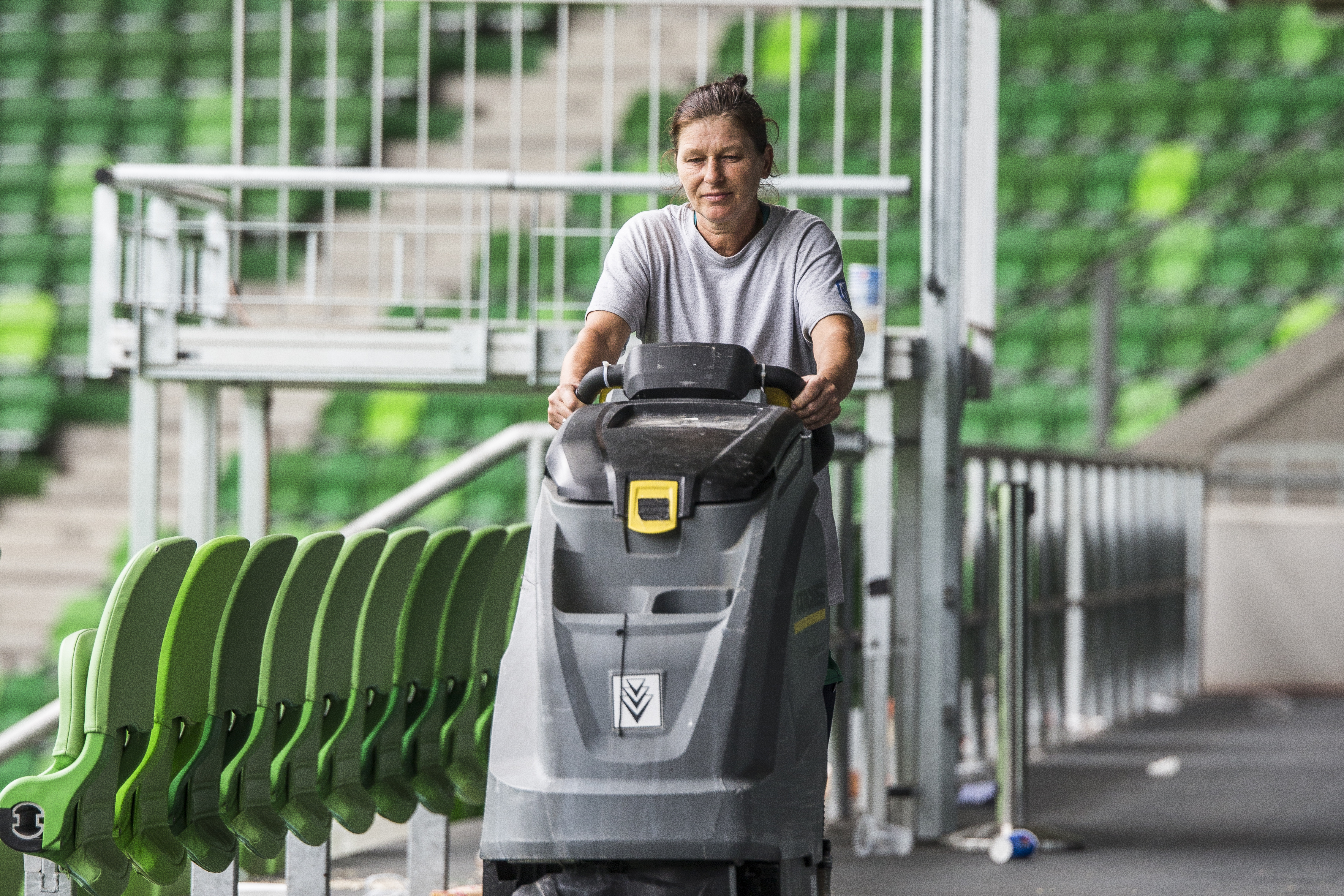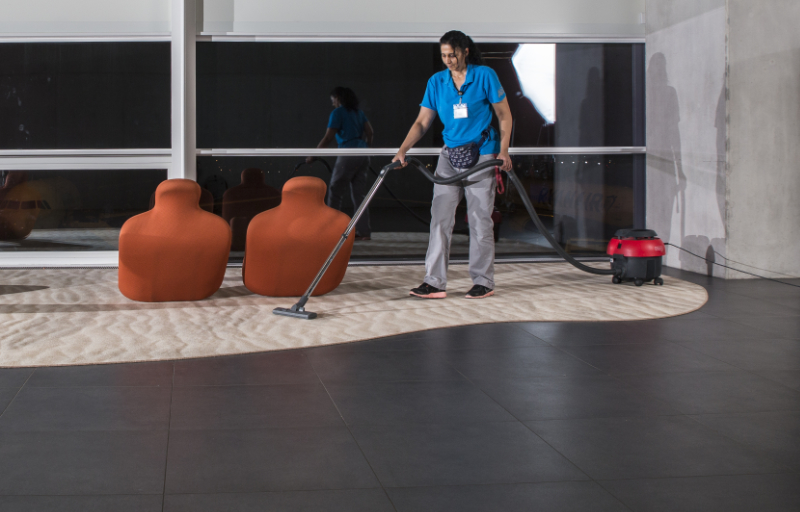
The Hungarian Central Statistical Office examined 173 occupations in terms of social prestige according to different aspects: for example how much power or influence they entail, how much one has to learn for them, how useful they are for society, how trendy or appealing they are nowadays. According to the subjective judgement of the respondents cleaning is among the ten lowest-prestige jobs. It is ranked 163rd coming ahead of only road sweepers, leaflet distributors and unskilled workers. This means people generally underestimate the social utility of cleaners, whereas order and cleanliness are widely considered as default expectations. In the case of a profession with such low public prestige, the appreciation of the employer is far from being enough. ‘Since last year we have been planning to launch a social sensitivity campaign to make the public aware of the socially indispensable, yet almost invisible, work of cleaners. The groundwork had been laid for long months but by the time we were ready, COVID-19 had reached the country. ‘The 45 thousand cleaners in the county have always deserved our heartfelt appreciation, but in these times they deserve it a 100 times more. We employ 4100 cleaners who are doing a great job cleaning transportation vehicles, hospitals and office buildings. Their work now is especially important and they cannot stay home’, said Ferenc Kis-Szölgyémi, CEO of B+N.
Nobody says hello…
During a focus groups research study conducted before the campaign it was shocking to learn that the majority of cleaners surveyed got used to being looked through so much that they even take being said hello to as a sign of appreciation. Although the respondents representing the population highlighted that without the work of cleaners their life would be less comfortable, even chaotic, they still considered cleaning as a menial job they least appreciate.
Cleaning is a profession and hard physical work
A survey conducted by B+N found cleaners in Hungary clean up 56 000 km2 a day (Hungary’s area 93 000 km2), which means they clean every inch of the country in 2 days. Only the cleaners employed by B+N clean an area equivalent to a 1 m wide and 5000 km long pavement, which equals twice the distance between Budapest and Madrid by plane. An office cleaner working in an 8-hour shift and dusting only the desks bends their back 1440 times, whereas during window cleaning they have to perform 9600 circular motions. These are just some data that illustrate the hard physical work cleaners do. However, the physical workload is not everything, they have to know which chemicals and disinfectants they can use and they also have to be able to handle cutting edge cleaning machinery. ‘With this campaign we would like to show that without our cleaners’ work, our world would not be as comfortable and clean as what we have got used to. Our aim is to make the public realize the value of this work and the person doing it. We do not want any cleaner to feel ashamed of their work. It is our responsibility to do something about the prestige of this work and to stand up for our cleaners and every cleaner in the country because if everything stays the same, soon nobody is going to be left to clean the country’, said B+N Head of Marketing Erika Kókai.
Source: hirsumma.info

